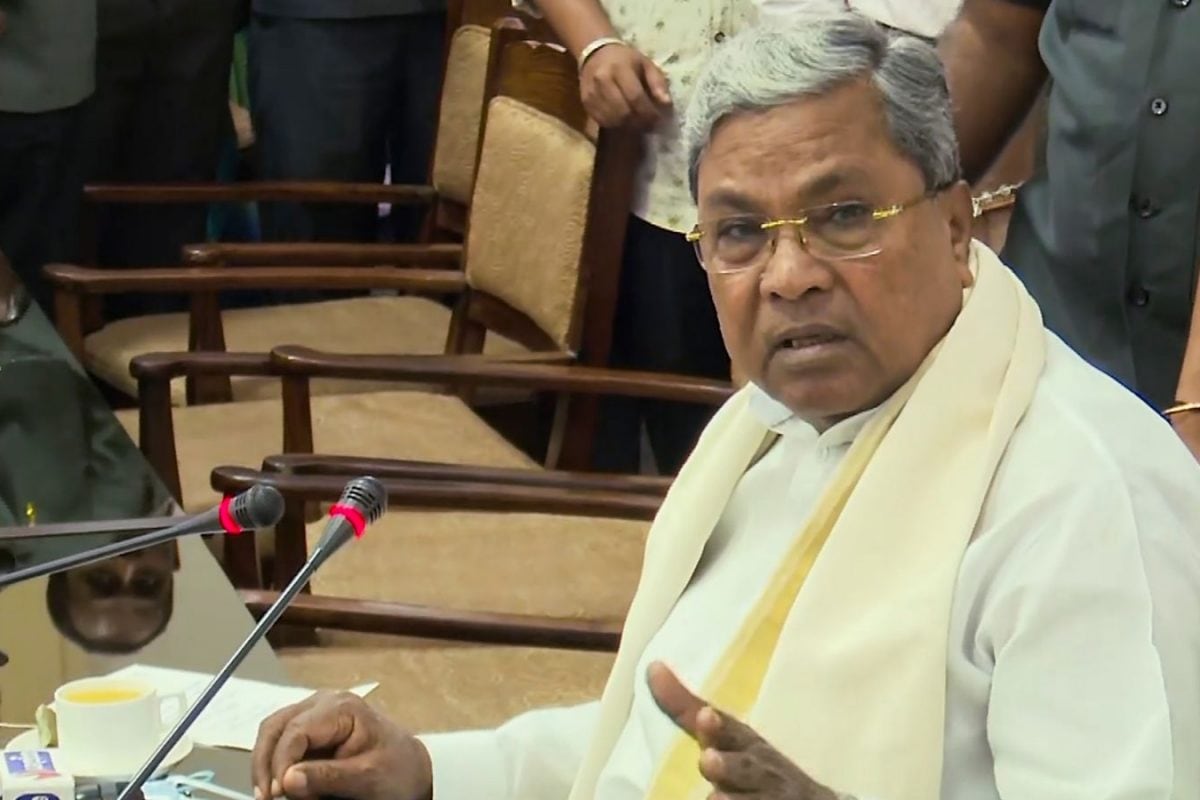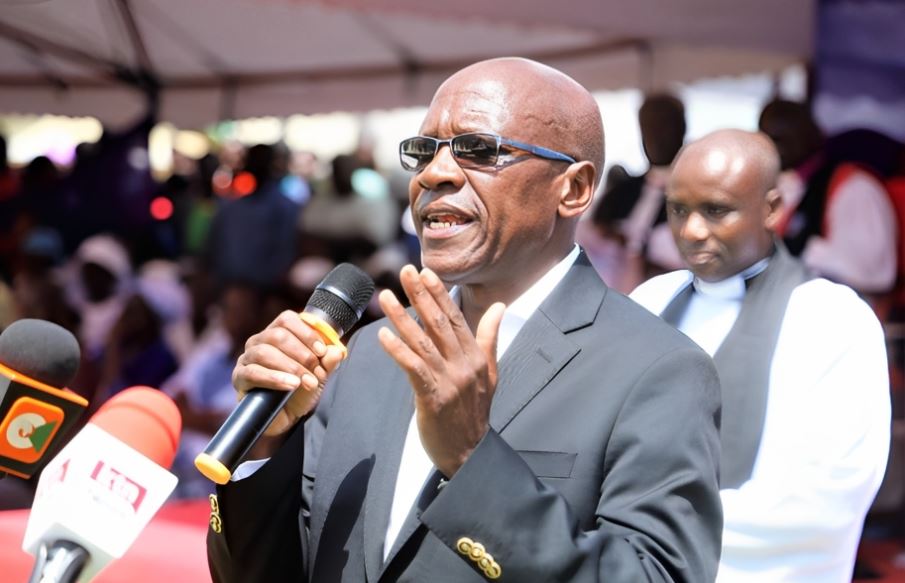
As the world celebrates gender equality this month, Thai women are breaking barriers in many fields — yet the nation’s clergy stands firm against change. In Thailand, where Buddhism is hailed as the national religion, female ordination remains banned, and monks who support it risk punishment. Despite the odds, the Bhikkhuni movement in Thailand is growing, quietly challenging a patriarchal system that denies women the right to fully embrace the monastic path.
Thailand has about 250,000 monks and novices in the orthodox Theravada tradition, but only about 280 Bhikkhuni — barely 1%. This may seem small, but considering there was just one Bhikkhuni 20 years ago, it’s a great leap forward. More importantly, female monks are earning public respect for their discipline and devotion.

“There’s no stopping female ordination now,” says Rev Dhammananda, Thailand’s first Bhikkhuni. Formerly Chatsumarn Kabilsingh, a respected scholar in Buddhism, she was ordained in Sri Lanka in 2001. Today, Bhikkhuni communities exist in 40 provinces, with nine major congregations.
No matter how senior monks try to block them, these women are here to stay. The Buddha taught that four pillars uphold Buddhism: Bhikkhus, Bhikkhunis, and lay male and female practitioners. In Thailand, female monks are missing.
The clergy insists this isn’t discrimination but adherence to the Vinaya, the monastic code of conduct. They claim female ordination requires a quorum of both male and female clergy. Since the Theravada Bhikkhuni lineage supposedly died out long ago, reviving it is impossible.
So, female ordination cannot be allowed. The law is on their side. After reformist nobleman Narin Klueng’s attempt to ordain his daughters in 1928, the Supreme Patriarch issued a ban, which later became part of the Sangha Act.
This gave the clergy legal grounds to reject Bhikkhunis. When Rev Dhammananda returned from Sri Lanka, she faced fierce attacks. The clergy dismissed her ordination as invalid, calling her an imposter.
To stop more women from following her, they warned that female ordination was illegal and defiance would bring consequences. The controversy, however, gave her a platform to challenge the claim that the Theravada Bhikkhuni lineage was extinct. History shows Theravada female monks once travelled to China to ordain women, a practice that evolved into the Mahayana Bhikkhuni tradition.
Since Mahayana Bhikkhunis trace their origins back to Theravada, they can form a quorum to revive female ordination, she argues. The clergy still insist female ordination is unnecessary because women can pursue spiritual practice as white-robed nuns. In reality, nuns are often treated as temple servants, lacking opportunities to study and practice fully.
Widespread temple corruption and monks’ misconduct, which erode public faith, also discourage women seeking serious spiritual guidance. As a result, many turn to female ordination. Nirotharam temple in Lamphun, for example, now has over 100 Bhikkhuni and novices.
The clergy are unhappy, but they cannot stop female ordination. Thailand’s constitution guarantees religious freedom. Since these female monks belong to the Sri Lankan Bhikkhuni order rather than the Thai Theravada clergy, they are free to continue their practice.
Still, the clergy make the path as difficult as possible. When Rev Dhammananda gained the seniority to serve as a preceptor, she could have ordained new Bhikkhuni in Thailand with Sri Lankan monks present. To prevent this, the clergy pressured the Ministry of Foreign Affairs to block Sri Lankan monks from entering the country for female ordination.
And they succeeded. The Bhikkhuni’s independence also allows them to train and educate female monks without interference from an authoritarian clergy that remains out of touch with the modern world. Female monks’ independence from the autocratic clergy is a strength, not a weakness.
While male monks enjoy automatic public support — often leading to complacency — female monks must prove themselves through sincere practice. Though few in number, female monks in Thailand hold great power in women’s empowerment. In a society that teaches women are born inferior and must become men to be free spiritually, Bhikkhuni’s presence shatters old myths and affirms that women are spiritually equal to men.
Women don’t need to be monks to benefit from this truth. Knowing they are born equal gives them the confidence to reach their full potential, free from doubt and self-blame that society imposes to hold them back. This quest is not just about ordination — it’s about every woman’s right to know her own worth.
.















